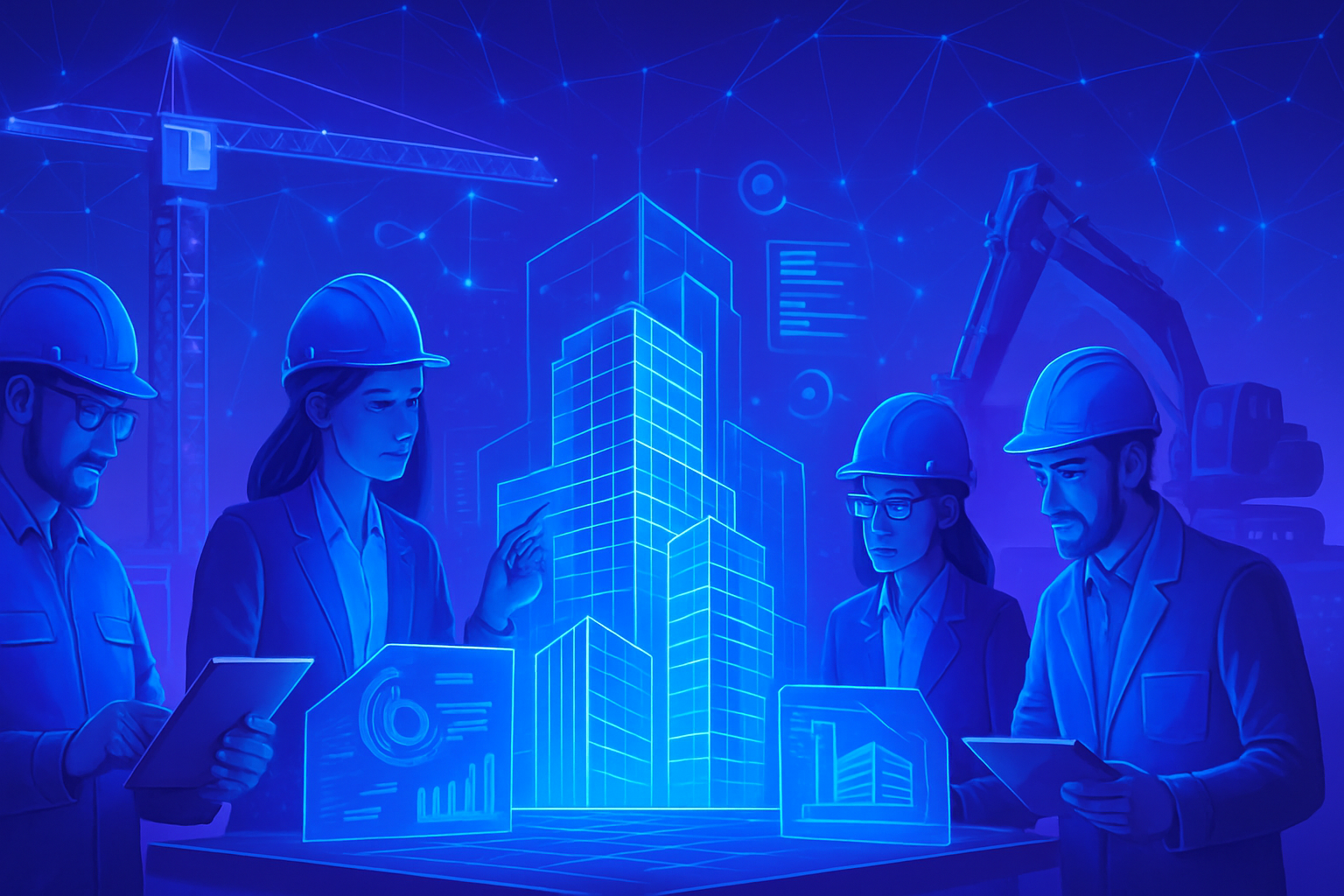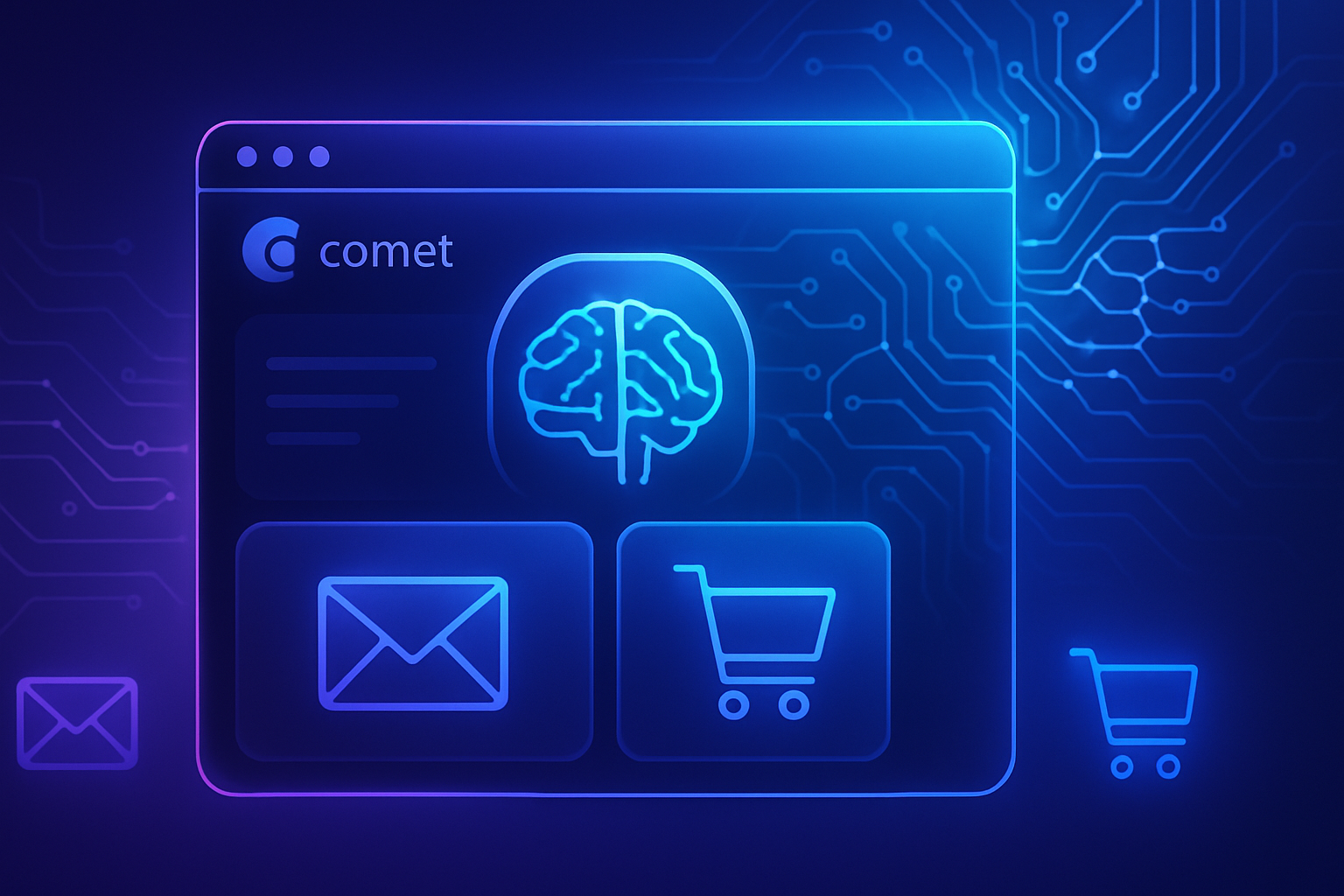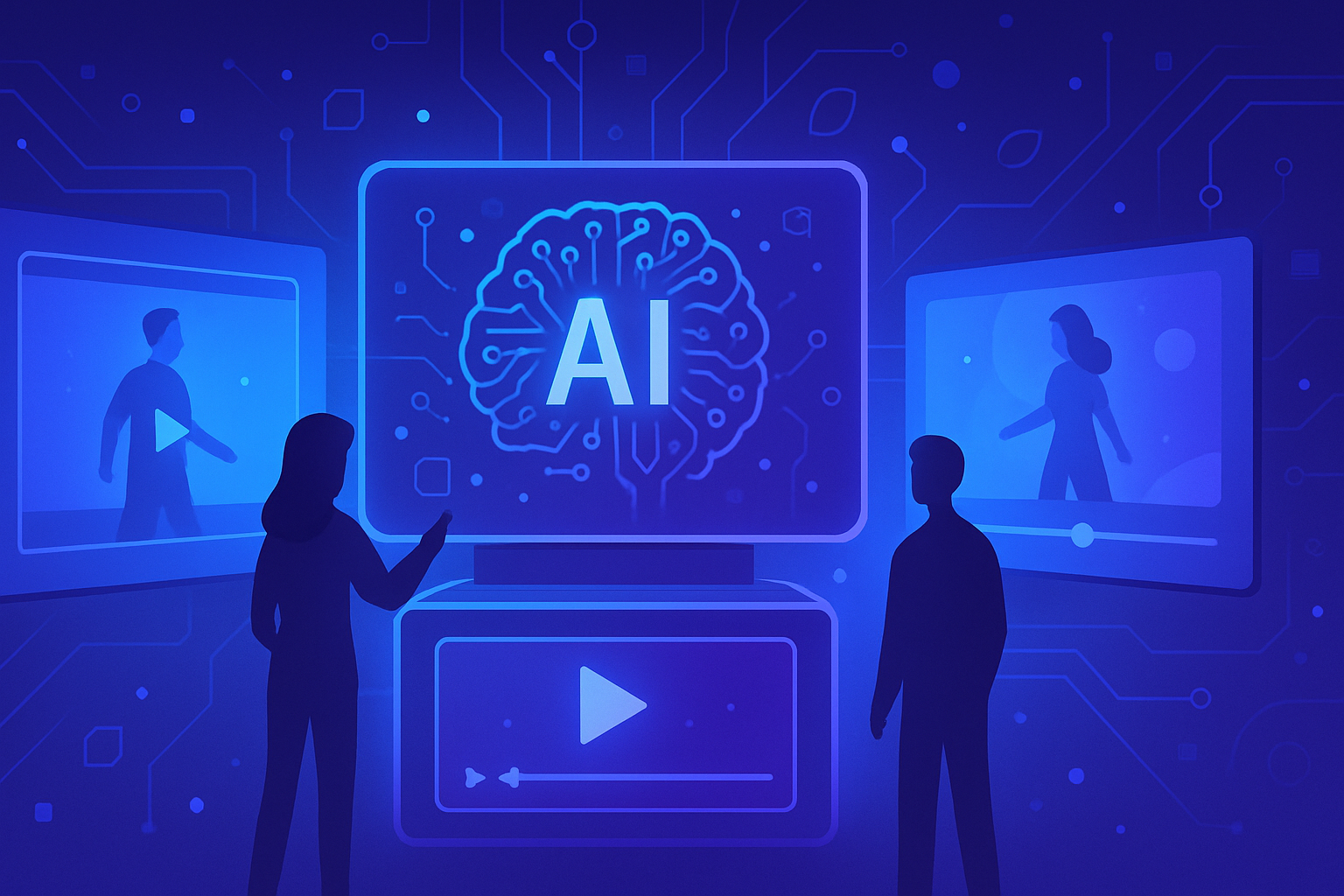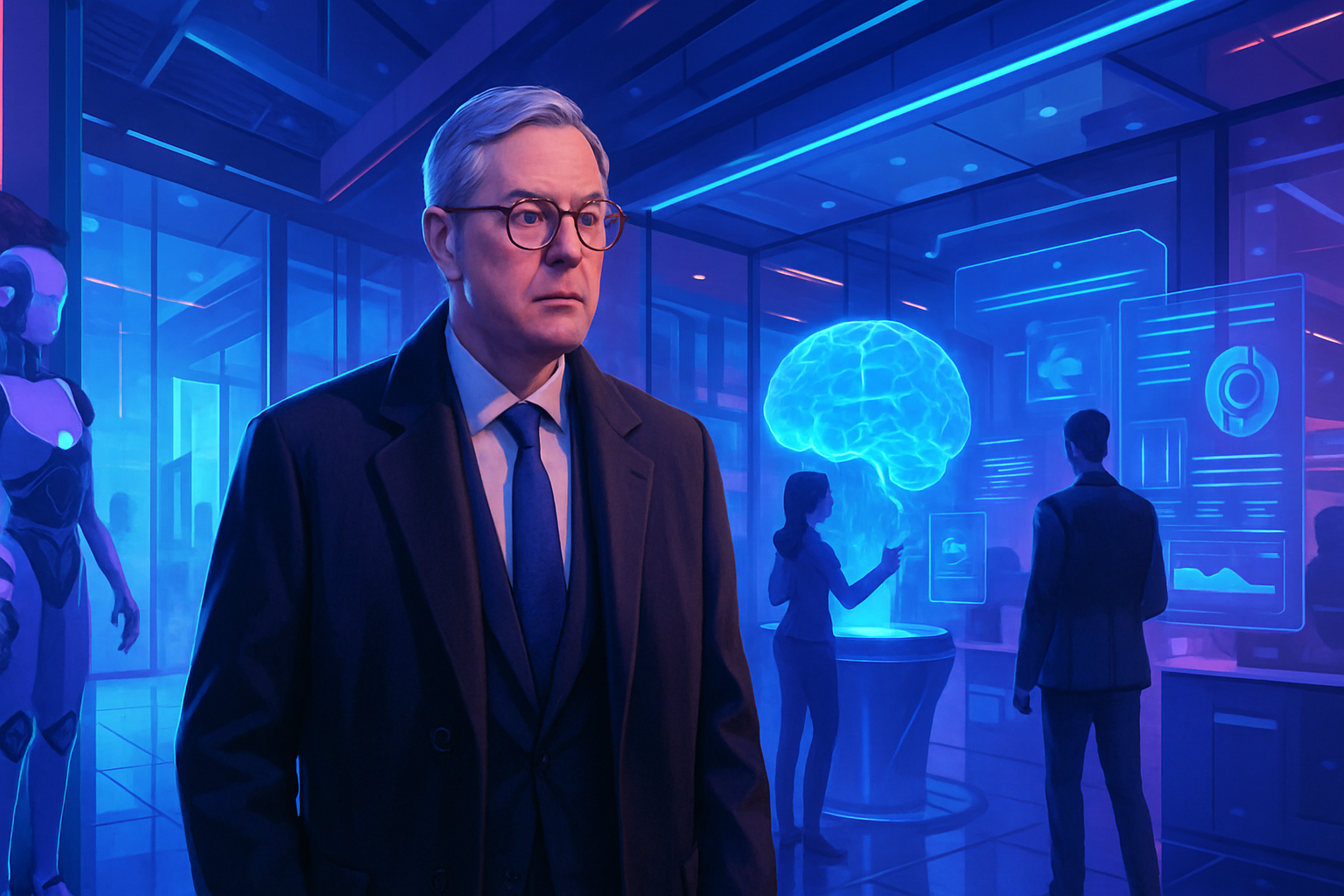Transform digital into an asset for agility. Engineering and construction companies find themselves at a crossroads. Economic instability and geopolitical tensions exacerbate the need for unprecedented adaptability. The integration of digital technologies into operational processes becomes essential to overcome numerous challenges.
Fragile supply chains and a shortage of skilled labor require a reevaluation of traditional methods. Leverage digital twins to optimize every phase of projects, from design to execution. Tools based on artificial intelligence offer enriched insights, energizing the overall performance of teams.
Adaptability to contemporary challenges
Engineering and construction companies face market conditions marked by increasing geopolitical instability. This situation demands unprecedented flexibility to navigate challenges such as rising material costs and delivery delays.
As tariffs intensify under the current administration, companies must rethink their supply chains. The reliance on foreign materials, often subject to long supply times, delays project execution. The shortage of skilled labor exacerbates a range of issues, creating a dynamic conducive to inefficiency.
Growing complexity of projects
Engineering response times are lengthening due to a fragmented execution and a lack of effective collaboration. This lack of integration generates costly errors, compromising overall productivity. At the same time, supply chains suffer from frequent disruptions, occurring at critical moments.
Obsolete technologies pose a hindrance with siloed systems undermining decision-making efficiency. Poor communication severely affects the transparency essential for large-scale projects. Modernizing tools with artificial intelligence (AI)-based solutions thus becomes a necessity to address these gaps.
Technologies serving efficiency
The adoption of cloud-based technologies revolutionizes the working methods of teams. Cross-team collaboration, facilitated by digital platforms, accelerates not only decision-making processes but also project implementation. By integrating engineering processes, these technologies break down barriers often encountered in the industry.
AI-driven tools enhance the accuracy of engineering work, limiting unforeseen costs related to corrections. These solutions also free up valuable working capacity, allowing teams to focus on strategic tasks likely to enhance their skills and ambitions.
Benefits of digital twins
With an integrated approach, companies can develop digital twins for their projects, modeling every aspect in real-time. These virtual representations allow for performance simulation, process optimization, and predicting potential issues before they arise.
By combining engineering data with advanced analytics, digital twins provide an in-depth view of projects. According to McKinsey, using such tools can result in a reduction of operational expenses of up to 20%, particularly by improving the sustainability and performance of assets over their lifecycle.
Practical examples of digitalization
Companies like Wood are already demonstrating the tangible impact of digital transformation in the sector. By integrating engineering data and enhancing collaboration, teams have streamlined execution cycles while achieving significant cost savings.
The development of the Digital Control Tower has allowed for maximizing material usage while minimizing projected delays. Thanks to this technology, project performance remains aligned with established expectations, thus providing an optimized work environment for engineering teams.
Preparing for a digital future
Forward-thinking companies leverage digitalization to ensure agility and flexibility. By harnessing the synergies created by digital tools, they transform challenges into real opportunities. This proactive stance allows for rapid execution, optimized teamwork, and generates substantial savings.
Engineering and construction companies that can adapt to this new global order by embracing these technological innovations will be the ones that stand out. Digital collaboration and AI represent a major leverage point to achieve these ambitious goals.
Frequently asked questions about digital transformation in engineering and construction companies
How can digital transformation improve the agility of engineering and construction companies?
Digital transformation allows companies to streamline processes, accelerate decision-making, and enhance collaboration among teams, resulting in increased agility in the face of market changes and challenges.
What digital technologies are the most beneficial for the engineering and construction sector?
Technologies such as digital twins, artificial intelligence, and cloud platforms play a crucial role in improving operational efficiency and enabling you to optimize your projects.
How do digital twins help reduce costs in construction projects?
Digital twins simulate project performance, allowing for better planning and identification of inefficiencies, which can lead to significant operational savings.
What are the main challenges of implementing digital solutions in the construction sector?
Challenges include resistance to change, the need to train staff, and integrating new technologies with existing systems.
How can digitalization contribute to better supply chain management?
Digitalization offers real-time visibility into supply chains, allowing companies to anticipate problems and quickly adjust strategies based on market volatility.
How can AI-driven automation enhance the productivity of engineering teams?
AI-driven automation reduces repetitive manual tasks, freeing up time for teams to focus on more strategic and high-value-added tasks.
What are the implications of the skilled labor shortage on digital transformation?
The skilled labor shortage heightens the necessity for digital transformation, as it enables process optimization and compensates for staffing gaps through automated solutions.
How is cloud collaboration changing the dynamics of engineering projects?
Cloud collaboration facilitates real-time information sharing, improves communication between teams, and makes workflows more efficient, which is essential for the success of complex projects.
What is the relationship between sustainability and digital transformation in the construction sector?
Digital transformation is essential for meeting sustainability requirements, as it enables analysis and optimization of resource use and reduces the carbon footprint of projects.
What competitive advantages can be gained from early adoption of digital technologies in construction projects?
Early adoption of digital technologies can improve productivity, reduce costs, and strengthen the company’s market position, allowing it to respond more effectively to industry challenges.






